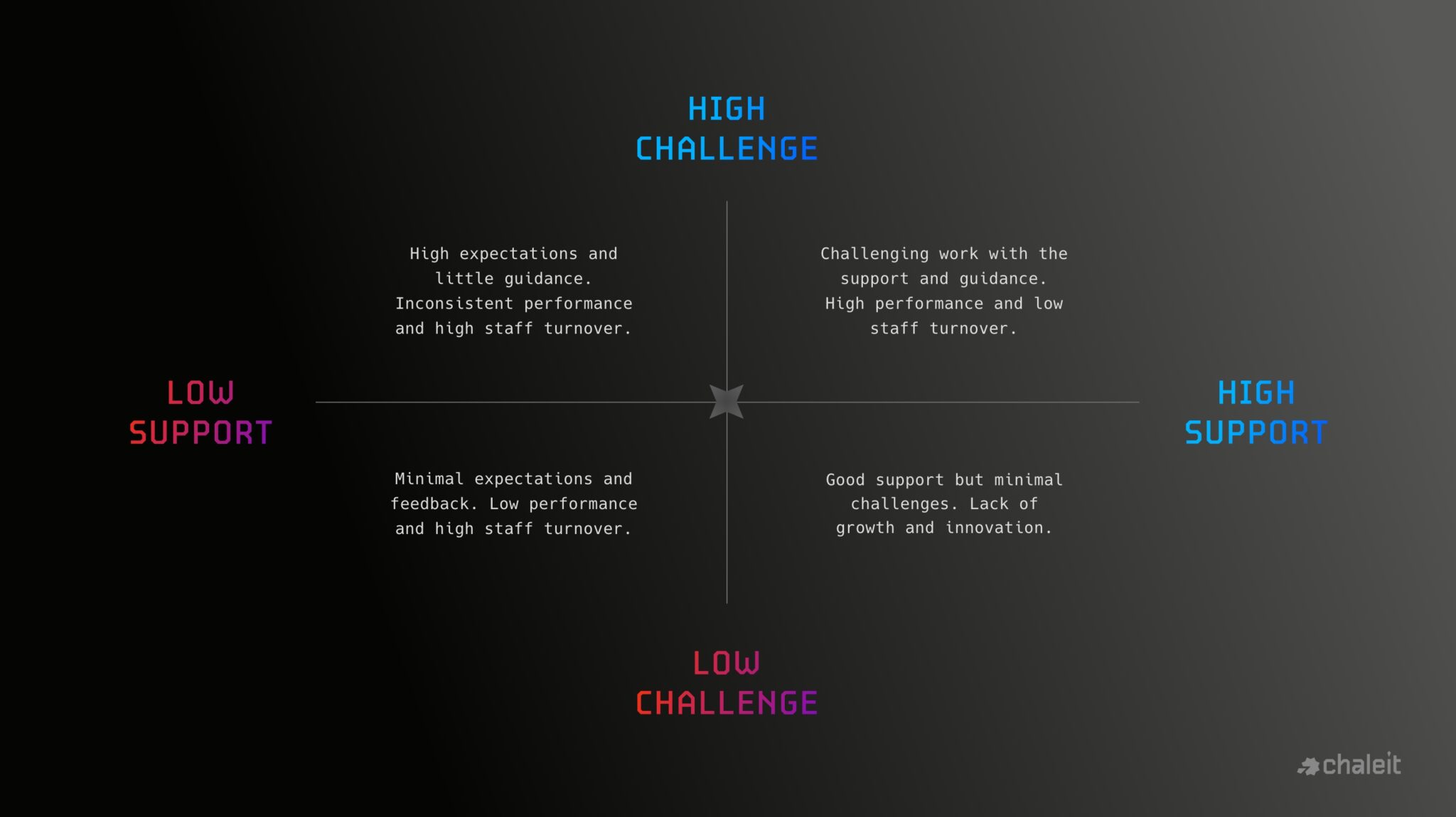Success in cyber security depends not so much on technology but on people, relationships, and shared values.
As the industry grapples with unprecedented challenges and increasing burnout rates, cyber security leaders must foster environments of support and shared victories to retain top talent and mitigate risks, says Jane Frankland, award-winning cyber security leader, coach, board advisor, author, and speaker.
In a recent conversation with Chaleit’s CEO, Dan Haagman, Jane emphasised the need to move beyond transactional approaches, prioritising understanding over mere sales pitches and celebrating win-win situations.
Watch the interview and read more insights below about the mindset shifts needed to ensure a resilient and productive cyber security future.
The traditional sales-oriented approach in cyber security isn't enough anymore. Building trust and genuinely understanding client needs is crucial.
A shift from selling to understanding
Selling cycles in cyber security are getting longer and more complex. It’s not that solutions are more complex than a few years back but there is more friction in the process and multiple decision-makers involved.
In addition, there is too much focus on sales without understanding organisations’ needs. Ironically, many consultancies don’t work in a consultative matter but go to clients with an agenda to sell something, Jane notes.
The traditional sales-oriented approach in cyber security isn’t enough anymore. Building trust and genuinely understanding client needs is crucial. This means open communication, where CISOs feel comfortable sharing their challenges and solution providers actively listen.
This collaborative spirit must extend beyond the initial sale. When both parties prioritise long-term success, the focus shifts to effectiveness.
An industry in crisis
The cyber security industry is facing unprecedented levels of burnout due to the stress that professionals face.
Some experienced CISOs decide to quit because of the high pressure they face and continued fatigue. With the exit of the senior leaders, many of the current flock have only held their roles for a couple of years. Cyber security leaders also change jobs often, generating a lack of continuity and long-term vision.
This adds to other issues, such as the fact that levels of gender diversity in cyber security are not improving despite recent efforts, and people feel burdened by their jobs, even if they are driven by passion.
In this context, leaders should aim to foster a more productive culture focused on values and support.
By recruiting based on values and creating a culture of shared victories, organisations can build strong, cohesive teams equipped to tackle cyber security challenges.
Purposeful versus compliant
Building trust goes beyond just communication; it’s about shared values. Leaders must prioritise values and an approach of being purposeful instead of just compliant.
Jane stressed the importance of integrity and follow-through. When a CISO’s word is their bond, and a solution provider delivers on its promises, a strong working relationship is formed.
This commitment to ethics extends to attracting and retaining talent. Passion for cyber security and a focus on ethical behaviour are essential for building a talented and dedicated workforce. Values are important, and they come before skills, Jane believes.
By recruiting based on values and creating a culture of shared victories, organisations can build strong, cohesive teams equipped to tackle cyber security challenges.
With new generations entering the workforce, Jane believes we’re witnessing a mindset shift defined by:
- Focus on values — a shift from pure functionality to prioritising shared values like care, partnership, and ethical behaviour.
- Purposeful action — moving beyond compliance-driven security to a more proactive approach focused on crafting the industry we want to see.
Fostering a high-challenge, high-support culture
Creating a work environment that fosters growth is key to retaining top cyber security professionals.
Jane explains the concept of the “challenge versus support” quadrant to help organisations better understand their position and the ideal situation for growth:
- Low challenge, low support: This is a stagnant environment with minimal expectations and feedback. People show up but aren’t motivated, leading to low performance and high turnover.
- Low challenge, high support: This environment is comfortable with good support but minimal challenges. Employees might be happy, but the lack of challenge hinders growth and innovation.
- High challenge, low support: This is a stressful environment with high expectations and little guidance. Unfortunately, this is where many big consultancies and major brands stand, creating a “sink or swim” culture where some employees thrive, but many struggle and leave.
- High challenge, high support: This is the ideal environment. It offers challenging work with the support and guidance needed to succeed. This fosters a sense of safety, encourages innovation, and attracts top talent, leading to high performance and low turnover.

The power of shared victories
Celebrating successes together is also important both within organisations and within business partnerships. This is possible in a culture of high challenge and high support because solving a challenge is a win for everyone.
Jane encourages taking the time to savour victories and recognise the collective effort that led to success. This shared sense of accomplishment strengthens bonds and motivates teams to achieve even greater things.
The cyber security industry faces many challenges, but by focusing on open communication, shared values, and long-term effectiveness, CISOs and solution providers can build a more resilient future.
Let’s continue the conversation. What are your thoughts on fostering an environment where growth and purpose are prevalent in cyber security? Share your experiences and insights on LinkedIn, and check out our blog and YouTube channel for more conversations with top industry experts.


